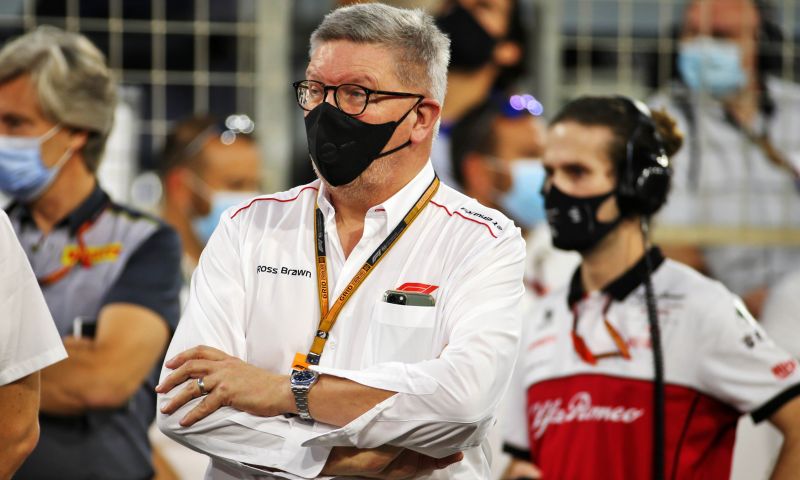F1 News

Brawn unveils biggest corona outbreak in F1 paddock this season
- GPblog.com
The coronavirus was a major killjoy for the 2020 season. The original season start in Australia was postponed and the season finally started in Austria without any fans. During the season more and more spectators were admitted, but the masks and the many tests made for a very different year. In spite of all the planned measures, however, things did not always go well.
Updates were given every week throughout the season on the number of tests taken and how many tested positive. In the end there were 78 positive tests throughout the season and according to Ross Brawn that's extremely good. "I think it's a good example of how F1 comes together in times of crisis," Brawn explains in the F1 Nation-podcast.
Relatively high percentage of infected drivers
"We spend most of our lives, at least when I was part of the competition, destroying each other." Brawn now recognises that the teams helped each other to make everything ready for Austria. "I am enormously proud of what everyone has done this year, because it really looked like an impossible task."
In spite of the strict bubbles, the coronavirus has bothered several drivers. Sergio Perez, Lance Stroll and Lewis Hamilton all tested positive in 2020. "In the end, it was just over one in 1000. It is remarkable to look at all the positive cases, because we had three drivers and that is a bit disproportionate compared to 20 drivers," Brawn answers when asked why the percentage of positive drivers is relatively high.
This caused the biggest corona outbreak
A large part of the positive tests, according to Brawn, did not come from the teams. "Of the 78 positive cases, there were quite a lot of people who belonged to the country we were in at the time. The biggest outbreak we had was when a translator tested positive. He was working with a group of people for whom he had to translate. They all came into contact with him, creating a small cluster. In the end, we were able to put out the fire quickly," concludes Brawn.